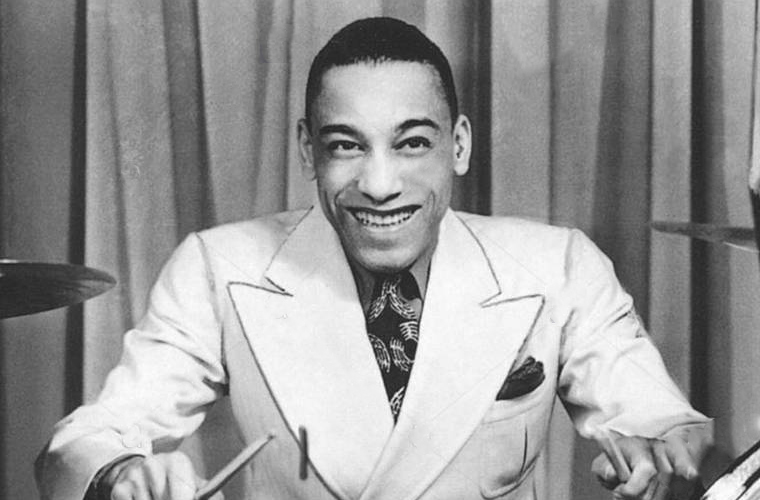Chick Webb was a prominent figure in the history of jazz, particularly during the swing era. Born on February 10, 1905, in Baltimore, Maryland, he would go on to become one of the most influential jazz drummers of his time. Webb’s impact on the genre was significant, as he led one of the dominant big bands of the swing era, leaving behind a legacy that continues to inspire and influence musicians to this day.
Webb’s band was renowned for its exceptional swing, precision, and popularity, setting a standard of excellence that other big bands aspired to achieve. His innovative approach to drumming and his leadership of the band solidified his reputation as a trailblazer in the world of jazz. Despite facing physical challenges due to a spinal tuberculosis condition that left him with a hunched back, Webb’s musical talent and determination propelled him to success.






Throughout his career, Webb’s band achieved widespread acclaim, performing at prestigious venues and gaining a dedicated following. Their music resonated with audiences across the United States, contributing to the rise of swing music as a cultural phenomenon. Webb’s commitment to excellence and his unwavering dedication to his craft earned him respect and admiration within the music industry.
Tragically, Webb’s life was cut short when he passed away on June 16, 1939, in his hometown of Baltimore. Despite his untimely death at the age of 34, his impact on jazz and big band music endured. His contributions to the genre continue to be celebrated and studied by musicians and music enthusiasts alike.
Chick Webb’s legacy serves as a testament to the power of music to transcend barriers and inspire generations. His pioneering spirit and musical ingenuity have left an indelible mark on the world of jazz, shaping its evolution and influencing countless artists. As we reflect on the life and contributions of Chick Webb, we recognize his enduring legacy and the profound impact he had on the world of music.

